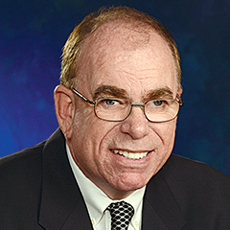
If there is one thing that most assisted living operators agree on, it’s this: federal regulations are a terrible idea.
This common view rests largely on hard-won experience. After all, many operators cut their teeth on the nursing home side. They have seen firsthand how heavy-handed regulations can mess up just about everything.
Moreover, choice is at the heart of what makes assisted living unique. There is a legitimate concern that autonomy could be an early casualty if this sector were to fall under federal jurisdiction.
I can’t argue against those points. But I do think it’s fair to mention that the current state-directed approach has some shortcomings as well.
As things now stand, each state makes its own oversight rules. As a result, what can qualify as assisted living in one state may fail to do so in another. On a related note, some states have put requirements in place that other states have ignored.
For a multi-state operator, trying to remain compliant in various settings can be quite a challenge, to say the least. Imagine how a daughter trying to find a place for a loved one half way across the country must feel.
At the same time, sanctions against shoddy buildings and the people who run them can vary greatly. And if you do a Google search, it quickly becomes apparent that this point is no mere hypothetical. Yet an offense that might shut down a community in one state might just merit a fine in another. How’s that for justice?
Inherent inconsistency is a legitimate reason to rethink whether states should be in charge. But there’s a much more powerful driver to consider. It’s called the future.
Going forward, we are going to see more operators acting like skilled care facilities. The reality is that the resident profile of an assisted living resident today is almost identical to that of a nursing home resident of 20 years ago.
Speaking of 20 years ago, that was a time when Medicaid payments were largely nonexistent in the assisted living sector. These days, such payments are available in virtually every state.
As resident acuity and subsidized payments continue to escalate, it’s just about inevitable that more communities will need to embrace a more medically driven approach to care and services.
That shift in turn is going to make more policymakers wonder why a business that serves more than a million of our oldest and sickest citizens should be exempt from basic federal standards.
By the way, I’m not necessarily pushing for federal oversight, or promising they will be a good thing. But take this to the bank: As times goes on, more people in a position to control your destiny surely will.

